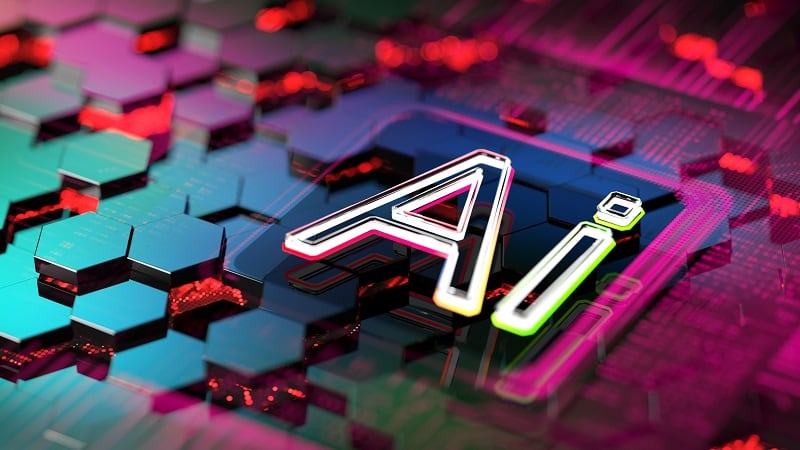Venture-backed Turing Labs is one of several companies bringing product research and development (R&D) into the 21st century with an AI-based platform that speeds product development, said company Co-founder Manmit Shrimali.
Founded in 2019, Turing Labs offers a web-based R&D platform that takes CPG companies’ product data – often in the form of spreadsheets, digital notebooks and other forms – and feeds them into Turing’s AI platform Luna AI to aggregate product insight. Currently, Luna AI is in beta with new features forthcoming. It has already attracted the interest of several major CPG companies as well as UK retailer Tesco.
CPG companies can use Luna to predict new formulations for more than 50 product categories and assist with product reformulations and trend forecasting. Additionally, the platform can recommend formulations that decrease the time from the concept to production, reducing time to market and removing menial tasks for product developers.
“The funny part is that 70% of their time is actually not spent on innovation. It is not spent on creating some breakthrough. It is actually spent on administrative tasks, getting the ingredients, creating the batches, creating hundreds of trial-and-error test samples, testing them, going back to the drawing board, all those things. This process has not changed in the last 20 years,” Shrimali said.
Turing Labs adds AI assistant to further help product development
Recently, Turing Labs released an AI assistant that can assist product developers by suggesting the next best course of action in the product development cycle.
This assistant sparked interest from VC firm B37, which invested an undisclosed amount of money in Turing Labs last December. Turing Labs secured approximately $19.25 million, including a $16.5 million Series A round led by Insight Partners, Moment Ventures, tech incubator Y Combinator and Borge Hald.
“The moment we launched this AI assistant several companies are coming to us to invest, so we are still not sure if we want to take more money,” Shrimali said.
CPG companies stuck between AI ambition and IT limitations
Many CPG companies are doubling down on their digital transformation goals and investing in AI technologies to unlock business benefits. Digital transformation is a corporate strategy where companies invest and adopt various technologies to improve the customer and employee experiences and various processes, leading to cost savings and growth opportunities.
For instance, PepsiCo is using AI to create the “perfect Cheeto” through technology at manufacturing plants that can ensure the chips are meeting PepsiCo’s standards, the company shared in a recent video outlining its digital objectives. Additionally, PepsiCo is improving consumer engagement with AI-powered virtual assistants that can help shoppers find flavors and learn about specific products.
PepsiCo competitor Coca-Cola earmarked $1.1 billion in Microsoft Cloud and generative AI capabilities in a five-year strategic deal, which would align the companies' “core technology strategy systemwide; enable the adoption of leading-edge technology; and foster innovation and productivity globally,” the company said in a statement.
When it comes to AI-empowering R&D, many CPG companies struggle because product development insight as “data is mostly sitting in human minds” or siloed in spreadsheets or digital notebooks, Shrimali said. This often leads to debates on how best to use AI within an organization, as different departments might have different expectations, he added.
“The biggest battle right now is that many CPG companies think that they can build this in house, but they will realize how difficult it is to build this in house, and there is a tension between the business unit and the IT team,” Shrimali elaborated.
Turing Labs is not the only tech company solving R&D problems with AI. Late last year, Agilitas launched a similar AI-based platform and already has been used to create clean-label muffins and lemonades. Last year AI-based recipe formulation company Proxy Foods raised $2.3 million in seed funding.
Plant-based company NotCo used AI technologies to launch plant-based hot dogs and mac and cheese products with Kraft Heinz.




